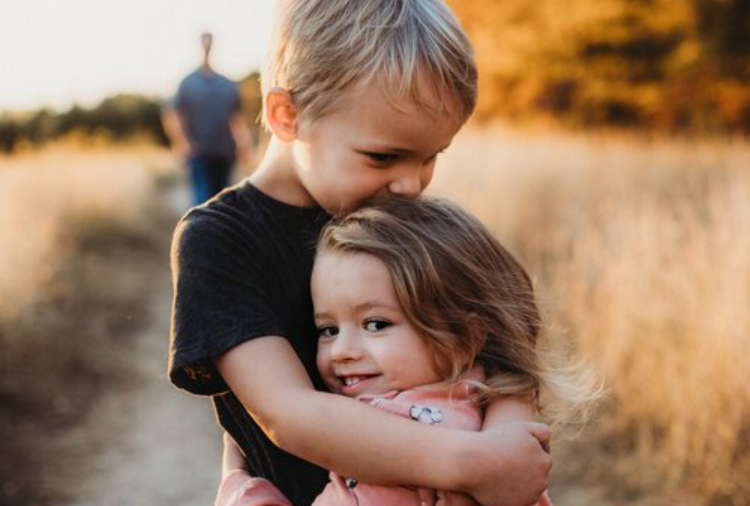Anxiety. It’s now the number one reason that parents seek therapy for their children and teens. Families are often surprised to find out that the “what” of anxious children doesn’t matter as much as the “how”. So what is anxiety? It’s a process in which our body responds to danger, real or perceived. It’s repetitive negative thinking, rooted in the past and/or the future. It’s using a big, bold brush to paint all situations as overwhelming even if that isn’t true. It seeks certainty, predictability, and knowing every outcome. And it’s a family affair. No matter how much work a child does in therapy, a new approach is required from parents as well to help interrupt the patterns.
What Can I Do To Help My Child With Anxiety?
Anxiety likes to tell the same story, day after day, time after time. Anxiety seeks certainty. Start to talk with your child about the story that anxiety tells them. What does your anxiety tell you? How does it suck you in every time? And how does your child (and you as a parent) respond? Most likely you avoid or reassure. This helps the child and the parent feel instant relief. But this reinforces the pattern. If you and your child begin to notice and call out the pattern, you may begin to notice the predictable things that anxiety tries to tell your child (and you). You may feel anxious feelings in your body but remember this often forces kids to stay stuck.
Look at how you respond to your child’s anxiety. This is a tough one. You hate to see your child struggle or feel uncomfortable. Your first inclination is to rescue, reduce or eliminate the uncomfortable feelings in your child and in yourself. This can be a well rehearsed pattern and often takes some assistance from a therapist trained in anxiety. Remember, anxiety is not difficult but it is very persistent. Almost 70% of children managing anxiety have at least one parent who is living with anxiety. That says a lot about our influence on our children. Model times when you have been flexible in your own life and verbalize that flexibility to your kids. Avoid using all or nothing language or catastrophic thinking (avoid words like always and never) and encourage and welcome the opportunity for unstructured, open ended play.
Avoid too much screen time and social media. It’s no mistake that as screen time and social media use rises, so does anxiety amongst our kids. Screen time and social media promote isolation, despite what others might say. We are hard wired for connection. Engaging children in social risk is a part of breaking the pattern of anxiety. The more our kids isolate, the more they play their anxiety tape over and over. Anxiety promotes isolation and isolation encourages disconnection. Pretty soon you have a vicious cycle that only reinforces itself as children convince themselves they don’t belong. And this greatly puts them at increased risk for depression.
The good news is that families can beat the odds against anxiety. This doesn’t mean that we can eliminate anxiety, as worry is a part of the human experience. But when we can break the patterns of anxiety, we can change our entire family dynamic and raise confident, secure kids who are ready to navigate life’s challenges.


